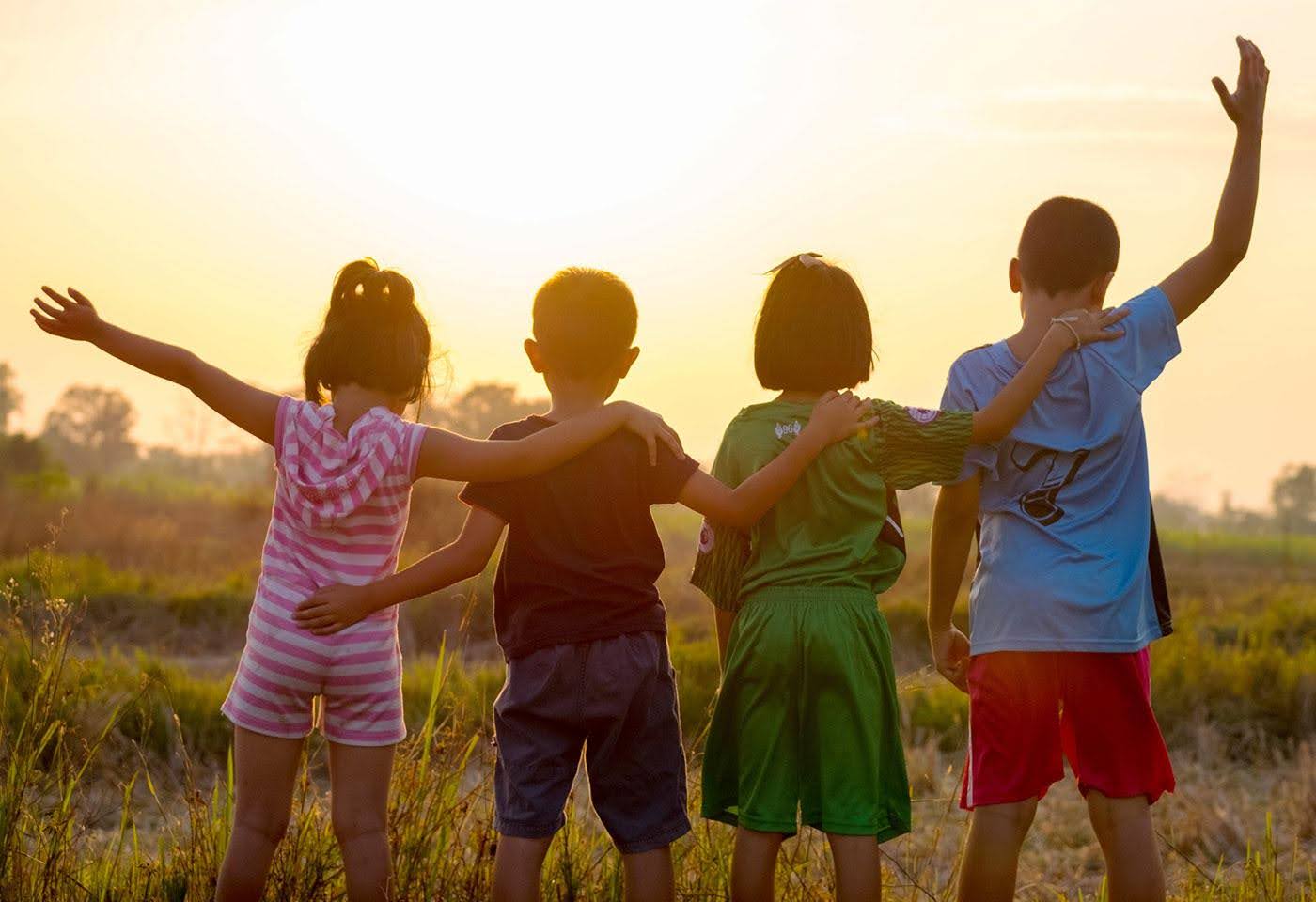The Importance of Social-Emotional Development in Early Childhood
When we think of early childhood development, we often focus on milestones like walking, talking, or learning letters and numbers. But just as essential, if not more so, is the development of a child’s social and emotional world.
Social-emotional development shapes how children understand themselves, relate to others, and manage life’s challenges. These are the building blocks for lifelong mental health, academic success, and meaningful relationships. At Balance Treatment Center, we believe early support in these areas can change a child’s future.
Social and Emotional Skills: Foundations for Growth
During early childhood, typically from infancy through the early elementary years, children are constantly learning how to interact with the world. Skills like recognizing emotions, managing impulses, waiting their turn, and expressing needs respectfully are all part of this essential developmental stage.
Example:
Imagine a preschooler named Ava who wants the same toy her classmate is playing with. Through guided support, she learns to say, “Can I have a turn when you’re done?” instead of grabbing or yelling. These moments, tiny as they seem, help lay the groundwork for empathy, patience, and problem-solving.
Understanding Emotions: The Language of Feelings
Young children often feel things intensely but don’t yet have the vocabulary to express it. Helping them name emotions like “sad,” “frustrated,” or “excited” teaches emotional awareness and reduces behavioral outbursts.
Tip for caregivers:
Try a “feelings check-in” during transitions (e.g., after school or before bed). Ask, “What was something that made you happy today? What was something that made you mad?” Over time, this builds emotional fluency.
Teaching Cooperation and Encouraging Good Behavior
Social interactions are learned behaviors. Through play, structured routines, and clear boundaries, children begin to understand how to share, follow rules, and resolve conflicts.
Example:
In a classroom group project, four-year-old Mason learns to wait his turn while placing puzzle pieces. His teacher praises his patience: “That was so kind of you to let your friend go first.” Reinforcing positive behavior helps make cooperation second nature.
The Power of Kindness and Empathy
Children thrive when they feel connected. Teaching empathy, seeing the world through someone else’s eyes, strengthens friendships and reduces conflict.
Activity idea:
Read a story together and ask, “How do you think this character feels?” or “What would you do to help them feel better?” These simple questions foster deeper emotional insight.
Social-Emotional Learning (SEL) in Practice
SEL isn’t just for classrooms—it can be part of everyday life. Whether it’s resolving sibling squabbles at home or building teamwork during playdates, SEL encourages responsible decision-making, emotional regulation, and stronger relationships.
At Balance Treatment Center, our Kids Treatment Program integrates SEL into therapeutic activities to help children feel safe, seen, and supported while they grow.
Recognizing and Managing Toxic Stress
Stress is a normal part of life, but toxic stress, such as persistent exposure to trauma or neglect, can disrupt a child’s development. Caring, responsive adults are the best buffer.
What you can do:
Maintain predictable routines, offer physical affection, and listen without judgment. If a child’s behavior signals deeper emotional distress, early intervention is essential.
Developing Coping Skills: Tools for Resilience
Whether it’s calming down with deep breaths or expressing feelings through art, coping strategies empower children to handle difficult emotions in healthy ways.
Therapeutic example:
In our kids program, children engage in guided play therapy where they learn to externalize their feelings through toys and storytelling. A child might describe their worry as a "storm cloud," and then practice “blowing the cloud away” with deep breaths, simple yet powerful tools they can use anytime.
Why It Matters
Social-emotional development affects everything, from how children learn and behave to how they form relationships and face adversity. When we support this development early, we give children the tools to thrive not just in childhood, but throughout their lives.
Let’s Build Strong Foundations Together
At Balance Treatment Center, we understand that every child’s journey is unique. Our Kids Treatment Program is designed to nurture emotional growth, build resilience, and support healthy family dynamics. Healing happens together.
If you’re concerned about your child’s behavior, emotional regulation, or ability to connect with others, we’re here to help. Our intake team is here to help and answer any questions you have.
